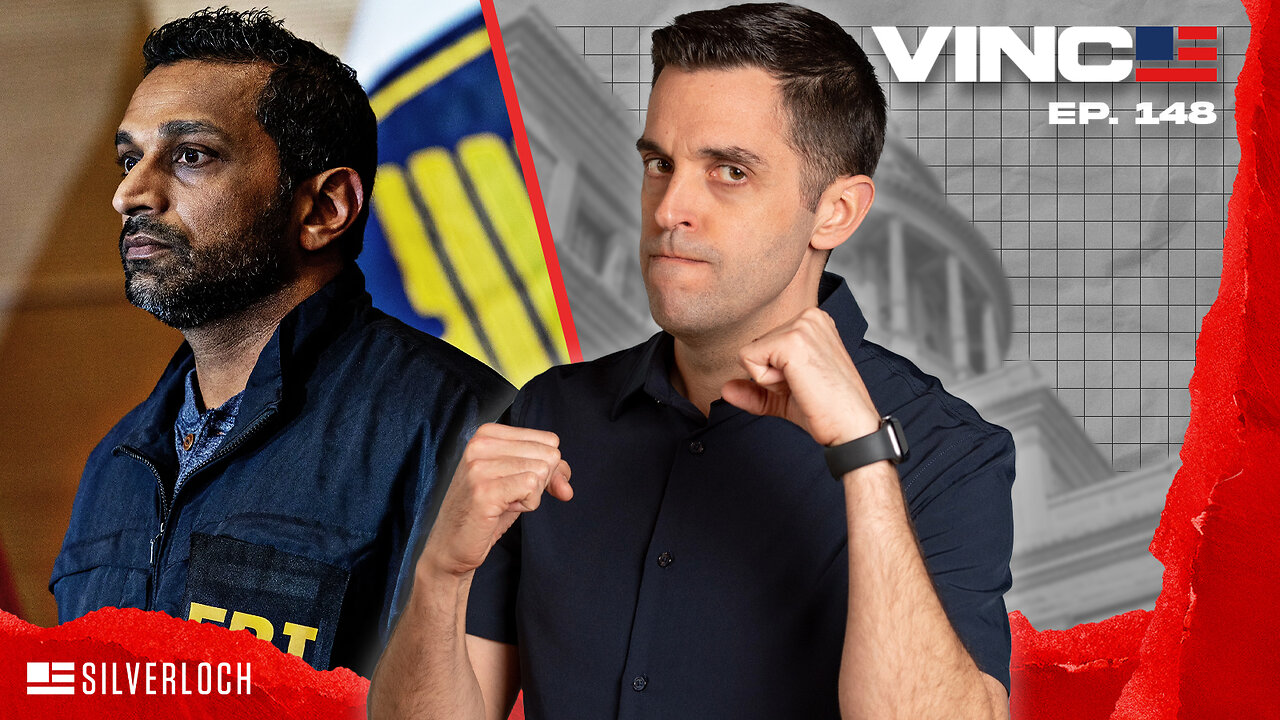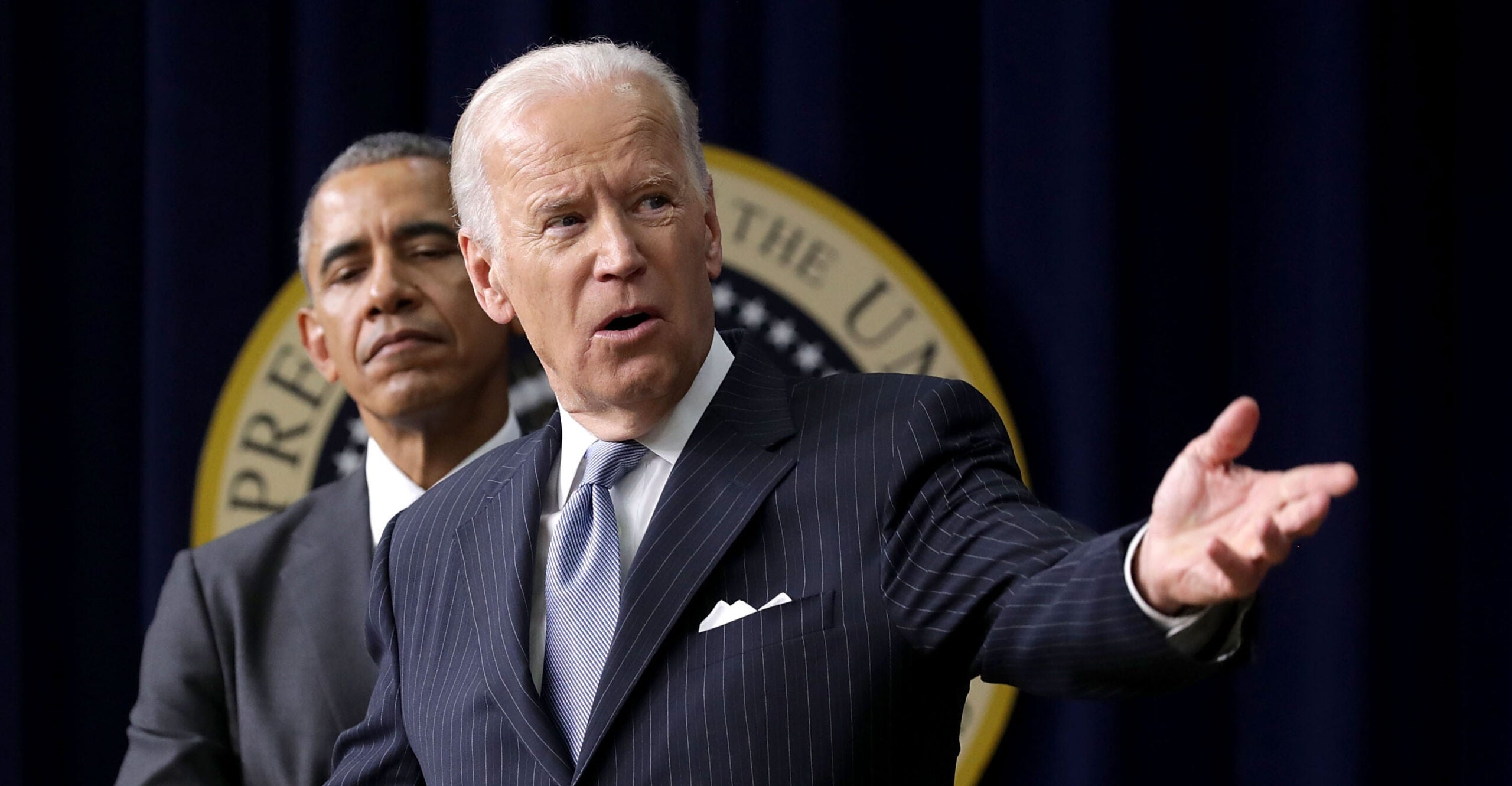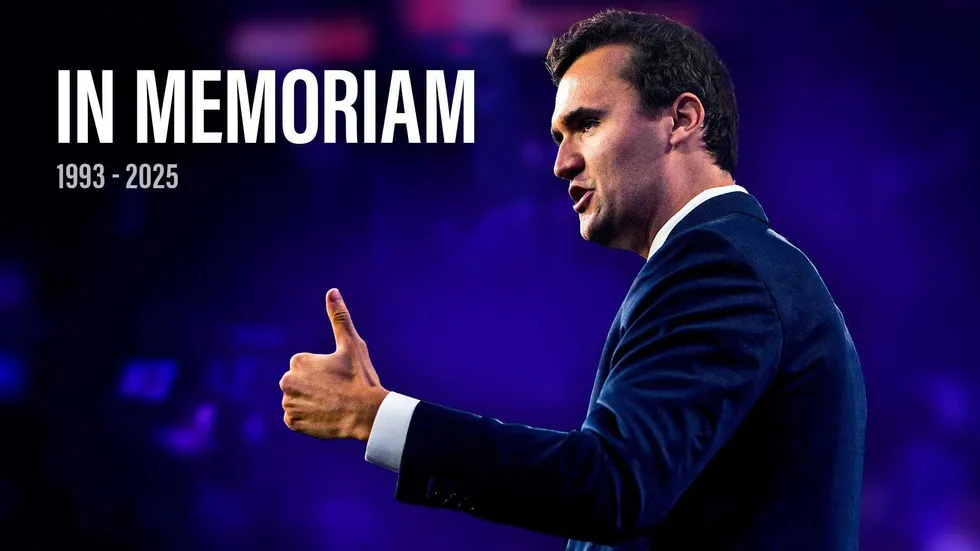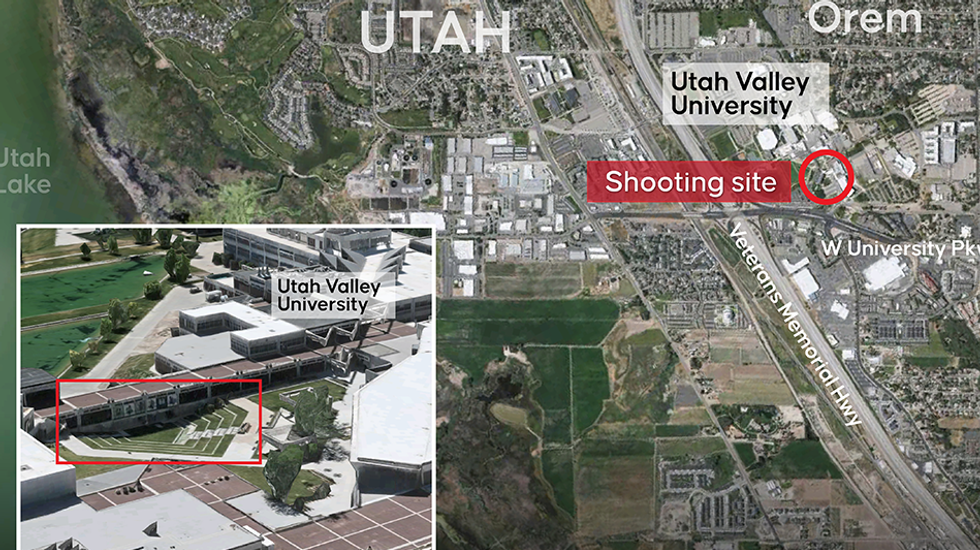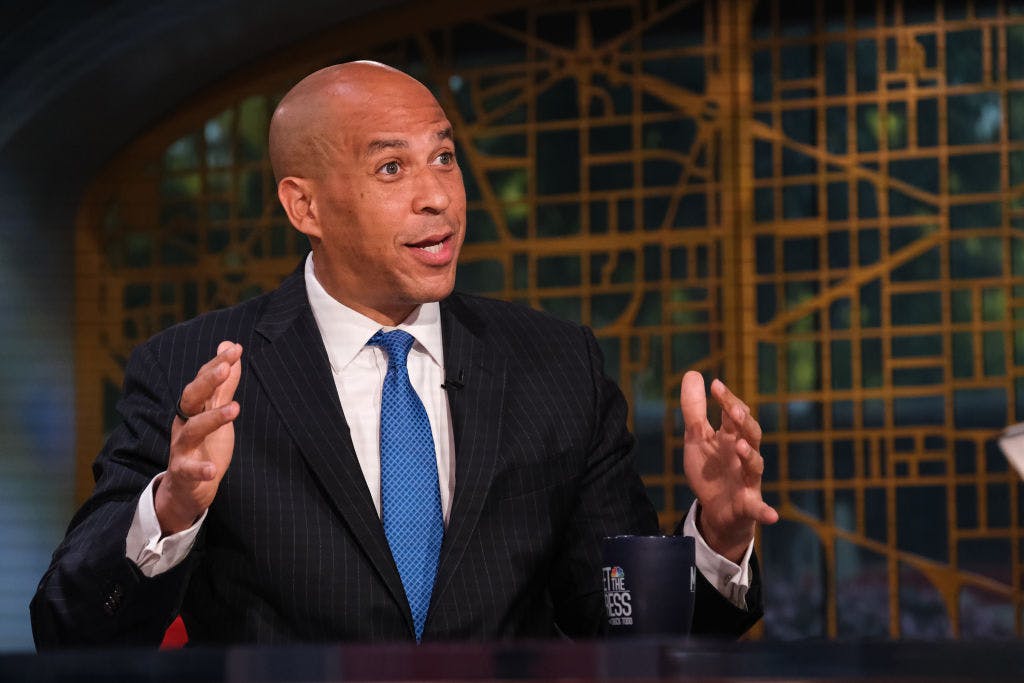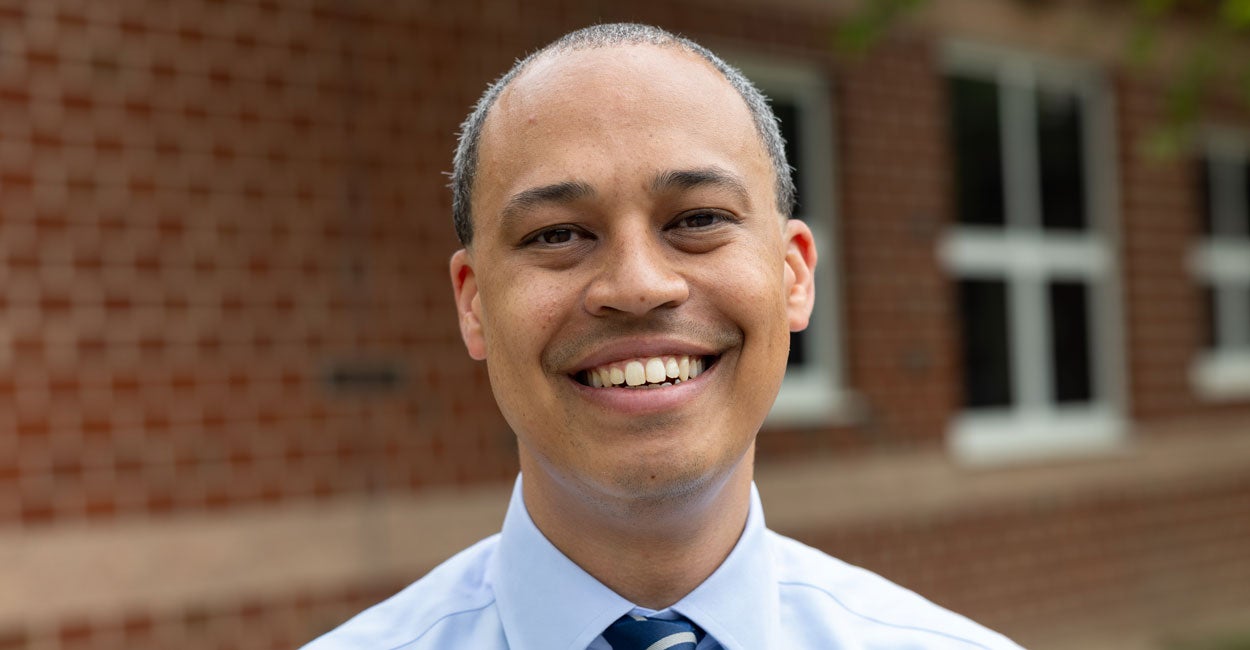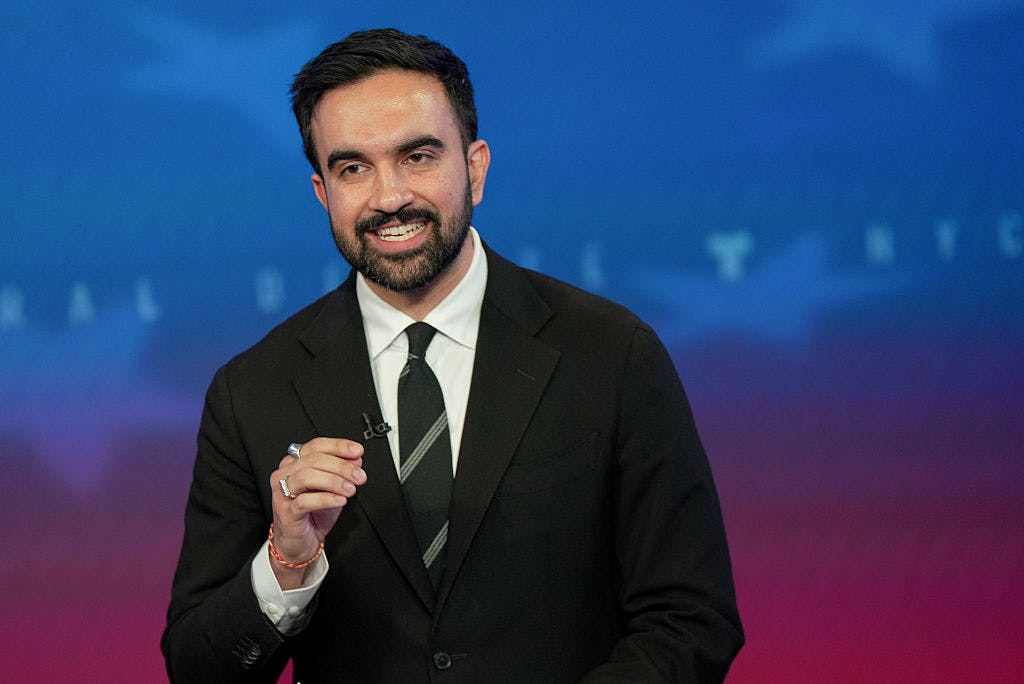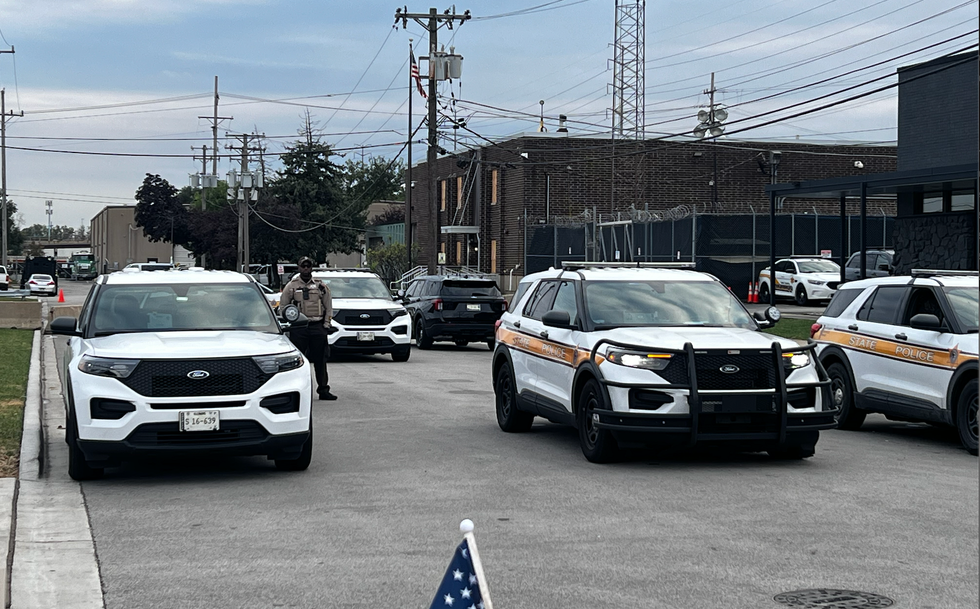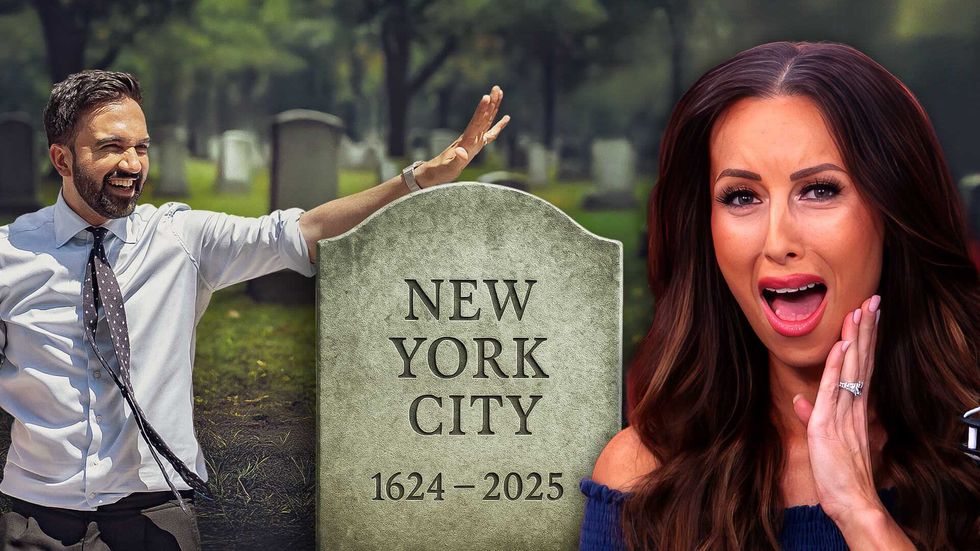‘I Feel Robbed’: After A Double Mastectomy At 14, This Detransitioner Is Speaking Out

Detransitioner Claire Abernathy hadn’t even made it to high school yet when her doctors encouraged her to undergo a double mastectomy. Despite her concerns about the procedure, her mother, Carrie, was told that affirming Claire’s gender identity was the only way to prevent her from killing herself.
Now, years later, both mother and daughter opened up to IW Features about how the medical system manipulated them into making permanent and irreversible decisions — the consequences of which they are still grappling with today.
The worst part? They’re not alone.
The Abernathy family is part of a growing segment of our population coming to terms with the damage done by gender ideologues. Hopefully, they will serve as inspiration for other families fighting not just gender confusion, but a manipulative industry that turns this confusion into profit.
The adolescent brain is a work in progress. We all know this to be true — after all, why else would we restrict young men and women from getting a tattoo until they’ve turned 18 or from purchasing alcohol until they’ve turned 21? It doesn’t matter how much a kid feels like an “old soul.” A young person’s prefrontal cortex, which is responsible for decision-making and impulse control, continues to mature well into their mid-20s.
Because teens go through this lengthy, often angsty developmental stage, they’re that much more susceptible to risk-taking behaviors and less capable of fully understanding long-term consequences. This is why one in five teen drivers involved in a fatal crash had some alcohol in their system — because teens are more likely to underestimate the effects of alcohol on their bodies and overestimate their ability to drive inebriated. Similarly, studies show that as many as one-third of tattooed adolescents regret inking up their bodies. And unsurprisingly, research indicates that the younger a teen is when they get a tattoo, the more likely they are to regret it later.
So why aren’t America’s trusted, highly esteemed medical professionals drawing the same conclusions about so-called “gender-affirming” procedures? While comprehensive data on regret following medical interventions in gender-confused minors is still emerging, stories like Claire’s are proof that medicalization can and does have victims. At least if you cop some bad ink, you might be able to get it lasered off later. But the permanence of gender-affirming procedures adds a sickening layer of complexity and potential for regret.
Teens might swear up and down they know what they want with their lives, like an unattainable dream job or goals to jet-set around the world childless and unbothered. But I’m willing to bet that teens can, and often will, change their minds. I know I did. If you asked 16-year-old Andrea if she wanted to get married and have children, she would have laughed in your face. And, if you asked her if she felt comfortable in her female body, she probably would have similarly scoffed.
Puberty is a really rough time for any young person. That’s not only something Claire expressed to me during her interview, but it’s a reality I have lived myself. I can recall the first conscious moment I felt insecure about my body: I was in elementary school, watching a movie starring young Lindsay Lohan, and I saw how her thighs didn’t touch when she sat down on a car seat.
Studies show that as many as 40% of nine and 10-year-old girls are already trying to lose weight, and as many as 70% of normal-weight teen girls think they’re overweight. Should parents of young girls who wrongfully believe they are fat indulge their child’s delusions and allow her to diet, or worse, get liposuction? If that sounds ridiculous, that’s because it is.
Yet, that’s exactly what the medical and entertainment industries are telling parents of gender-confused children that they must do.
In my home state of California, $28,890,512 has been spent on youth “transgender” medical interventions, according to StopTheHarm. Ethically speaking, plastic surgeons are supposed to assess the physical and emotional maturity of teen patients before they go under the knife for cosmetic procedures. So why does nearly every story of detransition reveal that medical professionals rarely, if ever, address underlying psychological issues — Borderline Personality Disorder, ADHD, Autism Spectrum Disorder, etc. — in gender-confused youth ? And why is it that the only solution offered by most medical professionals is for these youth to have their healthy body parts modified?
And what can parents realistically do? Carrie’s experience reminds me of the old adage: Mother knows best. She knew something was off when the medical professionals rushed to transition her daughter, but was guilt-tripped and persuaded into proceeding with medicalization.
Looking back, Carrie said she realizes she should have trusted her parental intuition. Parents are often the first line of defense in protecting their child’s well-being. They should feel empowered to trust those instincts, especially when it comes to irreversible medical decisions. Carrie said it best when speaking with me: “You are the expert on your own child.”
Indeed, the Abernathy story is a timely reminder of the very real consequences of sidelining parental concerns and the dire importance of scrutinizing medical practices that clearly prioritize profit and ideology over patient well-being.
* * *
Andrea Mew is the managing editor of Independent Women Features. She is the producer of its new documentary “Identity Crisis: Mother and Daughter Expose Medical Industry’s Transgender Lies” and the author of the related breaking feature article.
The views expressed in this piece are those of the author and do not necessarily represent those of The Daily Wire.
Originally Published at Daily Wire, Daily Signal, or The Blaze
What's Your Reaction?
 Like
0
Like
0
 Dislike
0
Dislike
0
 Love
0
Love
0
 Funny
0
Funny
0
 Angry
0
Angry
0
 Sad
0
Sad
0
 Wow
0
Wow
0



































